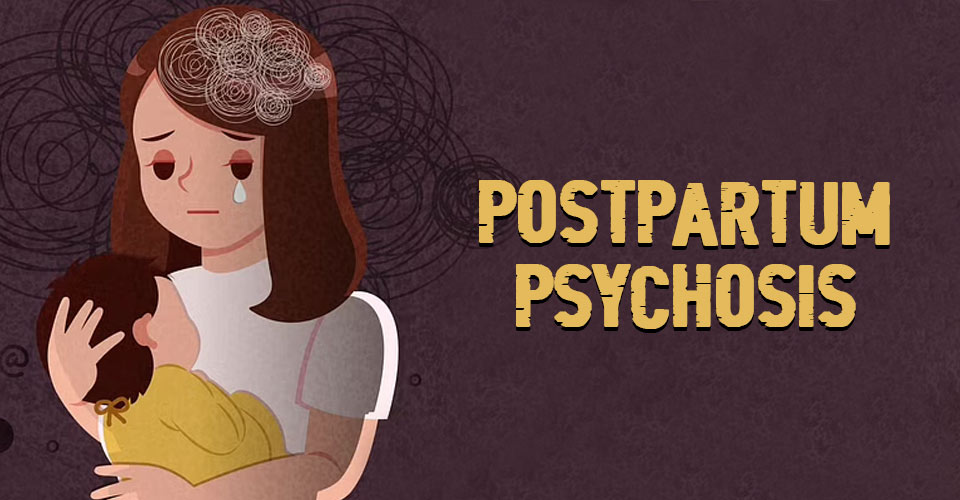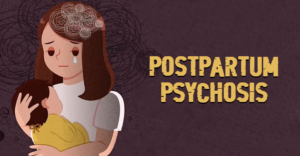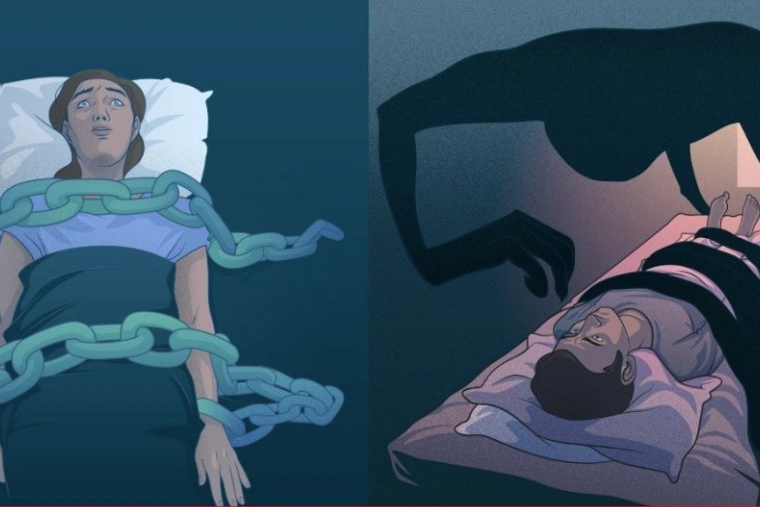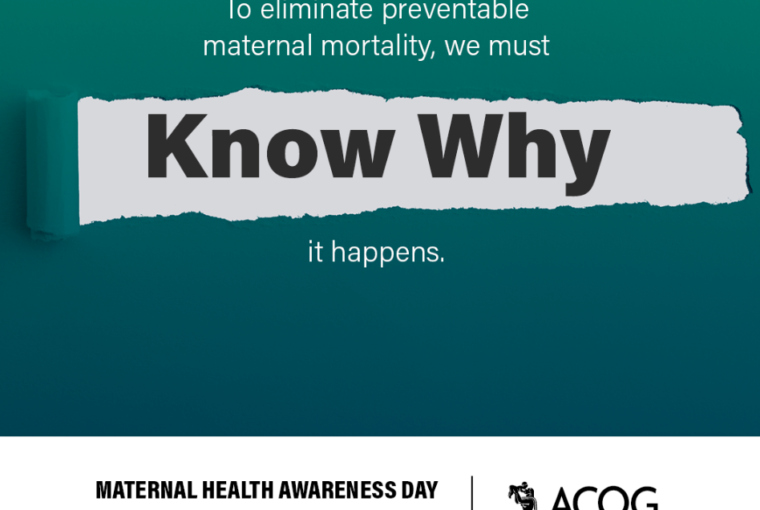The birth of a child is commonly considered a joyful and life-changing event. However, for some new mothers, the postpartum period can be fraught with difficulties and complexities, such as postpartum depression and anxiety. One of the most severe forms of postpartum mental health issues is postpartum psychosis, a rare but potentially life-threatening condition that affects approximately 1 to 2 out of every 1,000 women who give birth or approximately 0.1-0.2% of births. According to the National Institute of Mental Health (NIMH), psychosis is a term that describes conditions that affect the mind and cause a loss of sense of reality.
Recent studies have shown a growing trend of postpartum psychosis in the United States, with an increasing number of cases being reported each year. Recent tragedies involving Lindsay Clancy in Boston, Massachusetts, and Paulesha Green-Pulliam in San Francisco, California, have re-ignited the urgent need for a national conversation regarding postpartum psychosis and maternal mental health concerns.
Melanie Thomas, MD, a psychiatrist on the 2020 Mom’s Advisory Board comments, “as a perinatal psychiatrist, postpartum psychosis is the hardest, most difficult diagnosis I see. My heart breaks for these two mothers, their suffering, and their families. Tools like the 2020 Mom Psychosis Symptom Checklist are one step toward giving families the information and support they need and deserve.”
Psychotic symptoms may include but are not limited to:
- Delusions and hallucinations: A new mother may have delusions and see or hear voices that do not exist (hallucinations).
- Confusion and disorientation: A woman suffering from postpartum psychosis may have difficulty thinking clearly and may struggle with daily tasks.
- Mania and agitation: A new mother may feel energized, have racing thoughts, and have an excessive sense of self-esteem.
- Severe depression: A woman suffering from postpartum psychosis may feel intense sadness, hopelessness, and worthlessness.
- Suicidal or homicidal thoughts: A new mother may have suicidal or homicidal thoughts in some cases.
- Insomnia: A woman suffering from postpartum psychosis may have difficulty sleeping, even if her baby is sleeping.
Postpartum psychosis is difficult to treat because healthcare providers and the public are unaware of it. Due to mental health stigma and a lack of understanding regarding postpartum psychosis, many women may not seek care. About 50% of women who experience postpartum psychosis have experienced mental illness in the past.1 A 2019 study found that 1 in 5 people with bipolar disorder may have postpartum psychosis after giving birth.12% of those who experience postpartum psychosis are considered to also have schizophrenia.2
It is critical that healthcare professionals acquire in-depth training on the identification and treatment of postpartum mental health difficulties in order to address this emerging trend and improve the results for women with postpartum psychosis. Included in this are alternatives for evidence-based therapy, timely referral to specialized mental health care, and early screening and assessment for postpartum psychosis.
Together, we can improve the outcomes for women who experience postpartum psychosis and make sure they get the support and care they require at this crucial time. If you or someone you know is exhibiting signs of postpartum psychosis, it’s critical to seek quick medical assistance. Early intervention can improve the situation for the new mother and her infant by lowering the likelihood of major complications.
NIMH also suggests ways to find help:
- Early Assessment and Support Alliance (EASA): EASA offers a National Early Psychosis Directory that lists early psychosis programs nationwide.
- National Alliance on Mental Illness (NAMI): The NAMI HelpLine can connect you with the NAMI office in your state and help you find programs close to home. Also, you can talk with someone at the NAMI HelpLine at 1-800-950-NAMI (6264), Monday through Friday, 10 a.m. to 6 p.m. ET, or through email at info@nami.org.
- Prodrome and Early Psychosis Program Network (PEPPNET): PEPPNET supports a national network of programs providing services to people who are at risk for or are experiencing early psychosis.
Overall, postpartum psychosis is a severe mental health condition that affects a small but significant number of women who have recently given birth. It can have devastating consequences for both the mother and her infant if not identified and treated promptly. Despite growing awareness and efforts to improve screening and treatment options, there is still a long way to go in addressing the stigma and lack of understanding surrounding postpartum mental health difficulties. It is crucial that healthcare providers, policymakers, and the public work together to ensure that new mothers receive the care and support they need during this critical time in their lives.
Key Takeaways
Postpartum psychosis is a rare but potentially life-threatening condition that affects some new mothers, causing them to experience symptoms such as delusions, hallucinations, confusion, disorientation, mania, severe depression, and suicidal or homicidal thoughts. It is crucial for healthcare professionals to receive adequate training in identifying and treating postpartum mental health issues, and for women to seek early medical assistance if they exhibit any signs of postpartum psychosis.
“Once you choose hope, anything is possible.” — Christopher Reeve
Sources
1Perry, A., Gordon-Smith, K., Jones, L., & Jones, I. (2021). Phenomenology, Epidemiology and Etiology of Postpartum Psychosis: A Review. Brain Sciences, 11(1), 47. MDPI AG. Retrieved from http://dx.doi.org/10.3390/brainsci11010047
2Gordon-Smith, K., Perry, A., Di Florio, A., Forty, L., Fraser, C., Casanova Dias, M., Warne, N., MacDonald, T., Craddock, N., Jones, L., & Jones, I. (2020). Symptom profile of postpartum and non-postpartum manic episodes in bipolar I disorder: a within-subjects study. Psychiatry Research, 284, 112748. https://doi.org/10.1016/j.psychres.2020.112748 This file was medically reviewed, February 2022.
Image Source: Mind Help





1 Comment
Tope Anifowose
Well written. Thank you